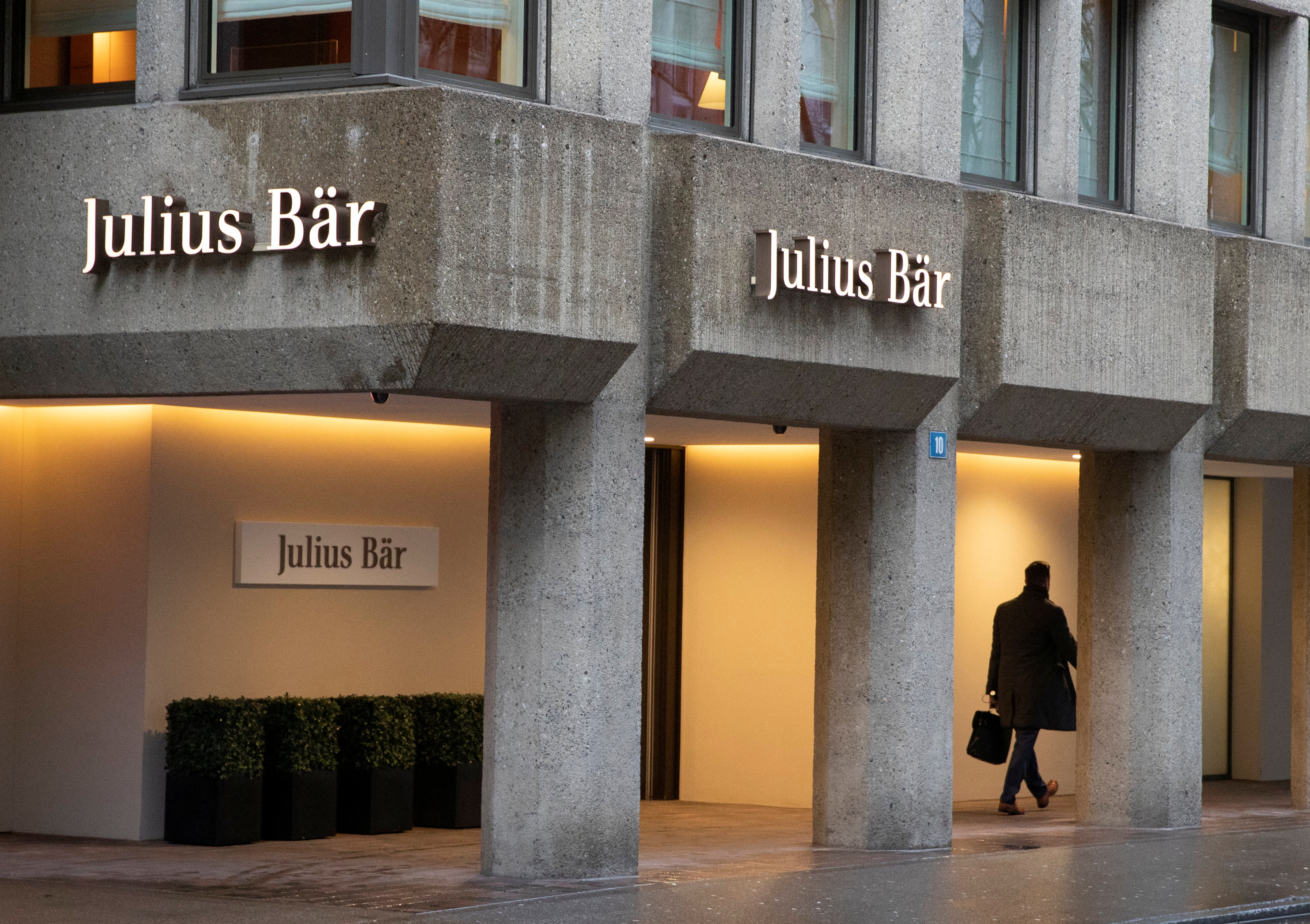
Julius Baer Group (PNK:JBAXY) reported a strong EPS of $0.62, surpassing estimates but fell short on revenue expectations with approximately $2.1 billion.
The company’s P/E ratio stands at 29.51, indicating high investor expectations, despite a negative enterprise value to sales ratio of -0.57.
Despite challenges in asset growth, client activity remains elevated, and a net charge of 130 million Swiss francs for credit portfolio review suggests no further major credit losses expected.
Julius Baer Group, listed as PNK:JBAXY, is a well-known Swiss private banking group. It offers wealth management services to private clients and family offices. The company competes with other major players in the private banking sector, such as UBS and Credit Suisse. On May 21, 2025, JBAXY reported its earnings, showcasing a strong performance in terms of earnings per share (EPS).
JBAXY achieved an EPS of $0.62, surpassing the estimated EPS of $0.49. This indicates that the company is effectively managing its operations and generating profits for its shareholders. Despite this positive EPS, the company’s actual revenue of approximately $2.1 billion fell short of the estimated $2.23 billion. This suggests that while the company is profitable, it faces challenges in meeting revenue expectations.
The company’s financial metrics provide further insight into its performance. JBAXY has a price-to-earnings (P/E) ratio of approximately 29.51, which is a measure of how much investors are willing to pay for each dollar of earnings. A P/E ratio of 29.51 suggests that investors have high expectations for the company’s future growth. However, the enterprise value to sales ratio is negative at -0.57, indicating potential concerns about the company’s valuation relative to its sales.
Despite a decline in assets under management, as highlighted by WSJ, Julius Baer noted that client activity remained elevated. This suggests that while the company may be facing challenges in asset growth, it continues to engage actively with its clients. Additionally, the company announced a net charge of 130 million Swiss francs, equivalent to approximately $156 million, following a review of its credit portfolio. CEO Stefan Bollinger stated that no additional major credit losses are anticipated, which may reassure investors about the company’s financial stability.

